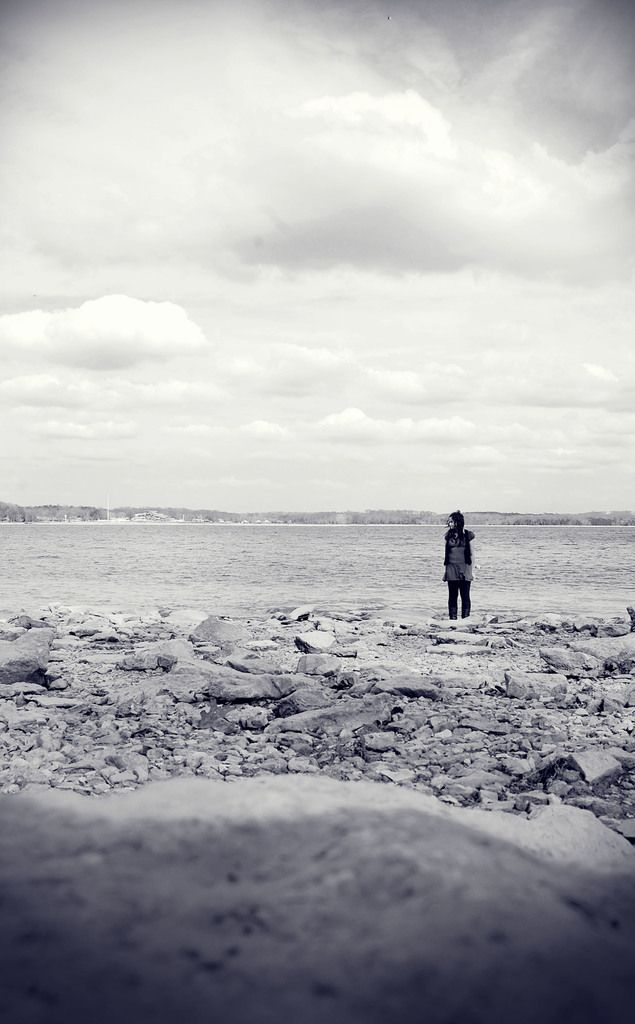Foreign Minister Wadephul Slams Israel's Settlement Policy as Flagrantly Illegal
A Tense Confrontation Over Israel's West Bank Settlements and Gaza Strip Humanitarian Crisis
Israel Allegedly Breaches International Law, as Asserted by Foreign Minister Wadephul - Israel accused of breaching international law by Foreign Minister Wadephul
In a scathing rebuke, Federal Foreign Minister Johann Wadephul (CDU) leveled accusations at Israel's government, calling their settlement policy in the occupied West Bank "flagrantly illegal" and detrimental to the prospects of a two-state solution. This heated exchange occurred during a meeting with Israeli Foreign Minister Gideon Saar in Berlin on Thursday. Wadephul also voiced concerns over the humanitarian situation in the Gaza Strip.
Saar defended Israel's actions, countering Wadephul's accusations and criticizing the rise of anti-Semitism in Germany. The tense atmosphere was palpable, with Saar expressing frustration over perceptions of Israel and highlighting the challenges his country faces, including military, legal, diplomatic, and economic attacks.
A Powder Keg in the West Bank
Wadephul expressed grave concern over the rapidly escalating situation in the West Bank, deeming it extremely tense. He further warned that individual government members advocating for the annexation of the territory were eroding trust in the government.
In response to Wadephul's demands for improved humanitarian conditions in the Gaza Strip, Saar maintained that Hamas bore responsibility for the suffering in the region. Israel, he asserted, would continue to adhere to international law while ensuring that its adversaries would not misuse aid deliveries to further their war efforts.
The Stalemate in Gaza
Wadephul called for urgent efforts to alleviate the humanitarian crisis in Gaza, expressing grave concern for the plight of the civilian population. He implored Israel to allow for more humanitarian aid to reach the coastal strip, stating, "People walking long distances to reach aid distribution points and returning empty-handed - in the worst case, they don't return at all because they are killed."
Saar disputed Wadephul's claims, contending that the new system supported by the US-backed GHF foundation prevented Hamas from benefiting from these aid efforts. He appealed to Germany to give this strategy a chance, arguing that it held the potential to deliver the Palestinian populace from Hamas's grip.
A Sour History and a Bitter Present
Before the joint press conference at the Foreign Ministry, Saar and Wadephul paid a solemn visit to the Holocaust Memorial in Berlin, where Saar voiced his concerns over the rising tide of anti-Semitism in Germany. He lamented the fact that the lessons of history seemed to have been overlooked, particularly in the pro-Palestine movement, which he deemed to be riddled with anti-Semitic attitudes.
Wadephul echoed Saar's sentiments, expressing shame over the surge in anti-Semitic incidents in Germany. He emphasized the importance of addressing this issue, stating, "Jewish women and men in Germany should feel safe, and they should be able to speak Hebrew on the street without fear."
Protests and Controversy
Outside the Foreign Ministry, protests erupted against Israel's actions in the Gaza Strip, with human rights groups and non-governmental organizations rallying under the banner of "Red Line International Law." The demonstrators accused Israel of committing war crimes in Gaza and demanded an immediate halt to German arms deliveries to Israel.
- Johann Wadephul
- Gideon Saar
- Gaza Strip
- International Law
- West Bank
- Hamas
- CDU
- Gaza
Insight: The Legal Basis for the Conflict
Israeli settlements in the West Bank are widely considered illegal under international law, with the Fourth Geneva Convention, specifically Article 49, serving as the primary basis for this view[1][5]. The International Court of Justice has also ruled that Israel's presence in the occupied territories, including settlement construction, is unlawful[5]. Recognizing the complexities surrounding the Israeli-Palestinian conflict, it's crucial for global leaders like Wadephul and Saar to work toward a peaceful resolution that respects the principles of international law.
[1] "Israeli Settlements in the West Bank and the International Court of Justice's Advisory Opinion." European Union External Action. EU Council, n.d. Web. 17 Mar. 2023. https://eeas.europa.eu/epn/content/israeli-settlements-west-bank-and-international-court-justices-advisory-opinion-65122.
[5] "The Legal Status of Israel's Settlements under International Law." International Committee of the Red Cross. ICRC, 12 May 2016. Web. 17 Mar. 2023. https://www.icrc.org/en/document/the-legal-status-israels-settlements-under-international-law-13.
- Recognizing the illegality of Israeli settlements in the West Bank under international law, the Commission, assisted by the European Parliament, is tasked with working toward a peaceful resolution that respects the principles of policy and legislation.
- The heated exchanges between Federal Foreign Minister Johann Wadephul (CDU) and Israeli Foreign Minister Gideon Saar highlighted the complexities surrounding war-and-conflicts in the Middle East, particularly the ongoing crisis in the Gaza Strip.
- In the context of crime-and-justice, both Wadephul and Saar addressed the rising tide of anti-Semitism, calling for actions to ensure general news regarding Jewish safety in Germany aligns with the principles of politics and human rights.









